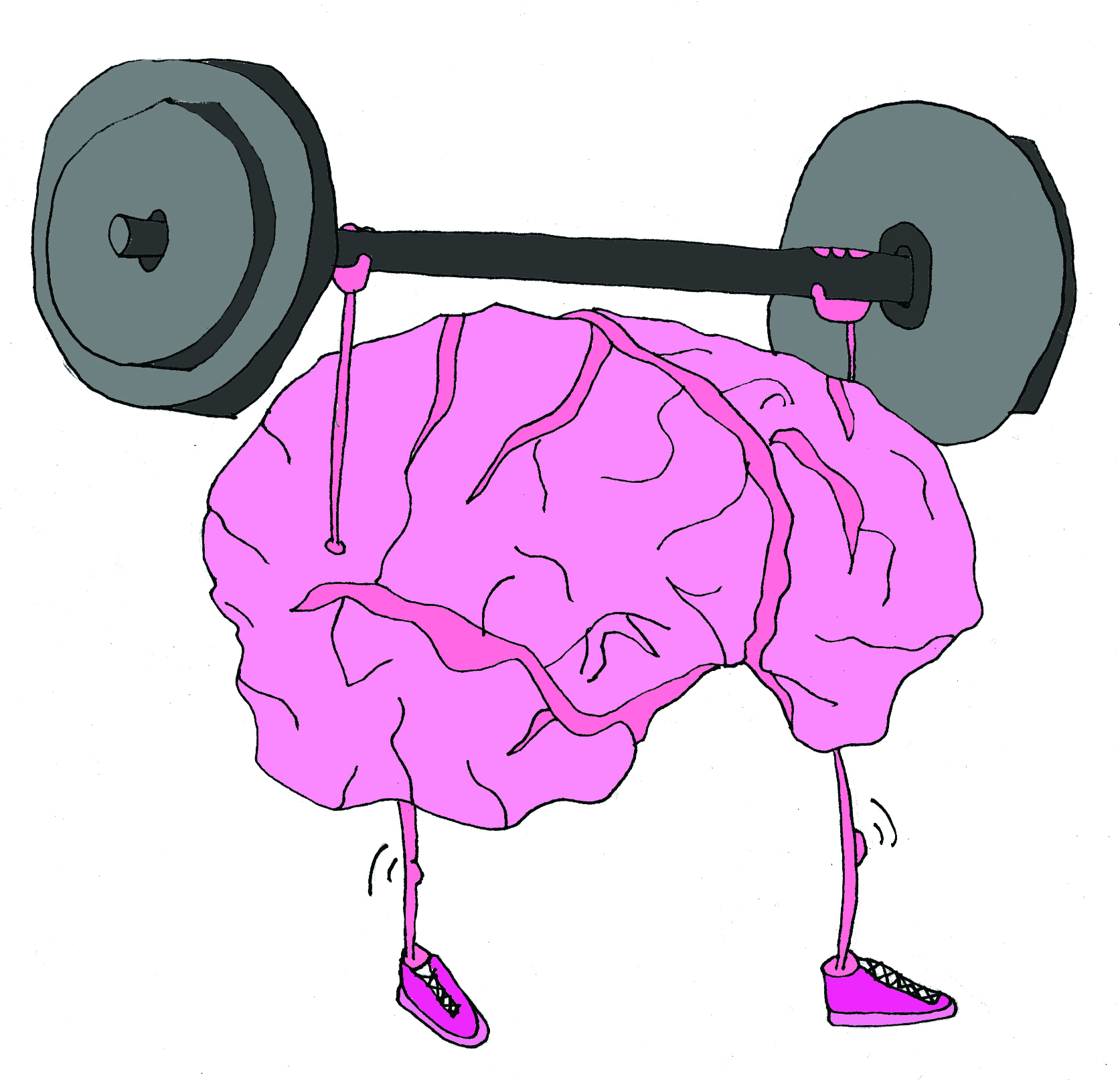With hookup culture in mind
February 9, 2018
 This
piece represents the opinion of the author
.
This
piece represents the opinion of the author
.
If I had a dollar for every time I heard a complaint about hookup culture, I would have at least enough to buy dinner for two. As I fantasize about wine and candlelight, I wonder what has become of dating. The following piece, if nothing more, serves as my personal meditation on our cultural progression.
What is this hookup culture, anyway? Social scientist and sex scholar Peggy Orenstein, author of “Girls & Sex,” explains that while hooking up can mean anything from kissing to intercourse, she sees that sex within hookup culture has become a precursor to rather than a function of intimacy and affection. In light of this inversion, it seems that “hooking up” has become a veritable relationship status, with all its accompanying inconclusiveness. Is it possible that normalization of this terminology excuses, and even encourages, vagueness and miscommunication?
We all know what it means to know someone in the biblical sense. Are we forgetting what it means to get to know someone, as the word is used colloquially? Dare I suggest that sex is better after having waited, talked and established an informed mutual interest in our partner’s personality? Was this not the precise function of dating? By making this proposal, I must admit guilt of hypocrisy. Maybe I am the oft-maligned softboy.
For the sake of this article, I situate hookup culture in conjunction with mindfulness culture, another relatively recent phenomenon on this campus. While I am critical of both, I maintain that elements of the two can offer insight when considered in contrast. Mindfulness practice entails a certain degree of solitude, self-sufficiency and commitment to slow growth over time. Hookup culture, comparatively, can be seen as a product of entitlement to instant gratification. Meditation turns one’s attention within, to the breath and more importantly to thought and emotion, it offers a holistic sense of the body and mind. Hookups tend to jump towards superficial physicality.
This past Friday, a well-attended lecture in Kresge Auditorium exemplified the cultivation of mindfulness culture here at Bowdoin. Two speakers, Jess Morey and Doug Worthen, introduced their ideas and experiences to an audience largely comprised of athletes, whose mandated attendance signified an increasing attempt to inject mindfulness practice into the Bowdoin curriculum. The turnout at Saturday’s accompanying meditation workshop in Buck, billed as a “retreat,” further confirmed the establishment of mindfulness culture.
In a poster promoting the weekend’s activities, Doug’s bio reads: “Living through two bouts of lymphoma, Doug has experienced firsthand the healing power of mindfulness.” Hold on. This reads as unsettlingly close to an implication that our loved ones who have been victims to cancer were simply not meditating hard enough. I understand the benefits, both scientific and spiritual, of practicing introspection, stillness and concentration. I notice also that advocates of these benefits can come across as sanctimonious. But I digress.
I have heard meditation practice described as “going to the mental gym.” True, it can be uncomfortable to see social capital heaped upon a practice with which one is unfamiliar, for which one feels unequipped or wherein one feels unwelcome. While this mindfulness stuff is still new, many of us know how exercise feels. A certain physical and cognitive pleasure can be achieved by running, moving, stretching, sweating and even lifting up heavy things then setting them back down. Working out feels good; most of us who have ever tried it know this. It is good for you too, and I do not think that claim would meet much dispute within virtually any sector of society. Meditation is no different; it may require some practice, but the mental exercise itself is inarguably healthy.
The Buddha, grandfather of mindfulness, devoutly practiced asceticism: a lifestyle characterized by abstinence from sensual pleasure for the purpose of pursuing spiritual goals. In the end, however, he turned towards a much more moderate stance: his famous middle way. This idea shows up in western philosophy, as well. Aristotle’s consideration of the virtuous life arrives eventually at the proposition of a Golden Mean between two extremes, one of excess and the other of deficiency.
Following Aristotle and the Buddha, pillars of intellectualism and enlightenment, let’s strive to operate in middle ground territory between drunken, emotionally detached, one-night stands (that elicit deserved disapproval) and strict, quasi-marital monogamy (that elicits both awe and exasperation from those of us who remain single). By no means do I aim to chastise casual, consensual, communicative carnal coupling, committed or casual. Au contraire, I believe that sexual expression and physical closeness are invaluable to most people’s development as human beings, and as college students, we ought to learn about these experiences with one another, without being expected to marry ourselves off.
As we collectively shoulder the responsibility of shaping the culture for a new generation, we must consider the intersection of these two social phenomena. How can we continue to advocate mindfulness without being annoying or insensitive? How do we come together in molding our discussions and practices of sexuality to be safer and more satisfying? As we witness an evolution in hookup culture and a rise in mindfulness, perhaps we can benefit from applying lessons from the latter to the former. Maybe we can learn to delay gratification. Maybe we can learn to reduce or even eliminate harmful expectations. Maybe we can learn to know ourselves better and therefore better share our thoughts, feelings and desires. If we can practice awareness of the physical feelings in our bodies while comfortably seated, we can apply those skills to other activities. If we can become comfortable alone with our thoughts, we can become more receptive listeners. If we can learn to be mindful, we can be mindful about hooking up.


Comments
Before submitting a comment, please review our comment policy. Some key points from the policy: